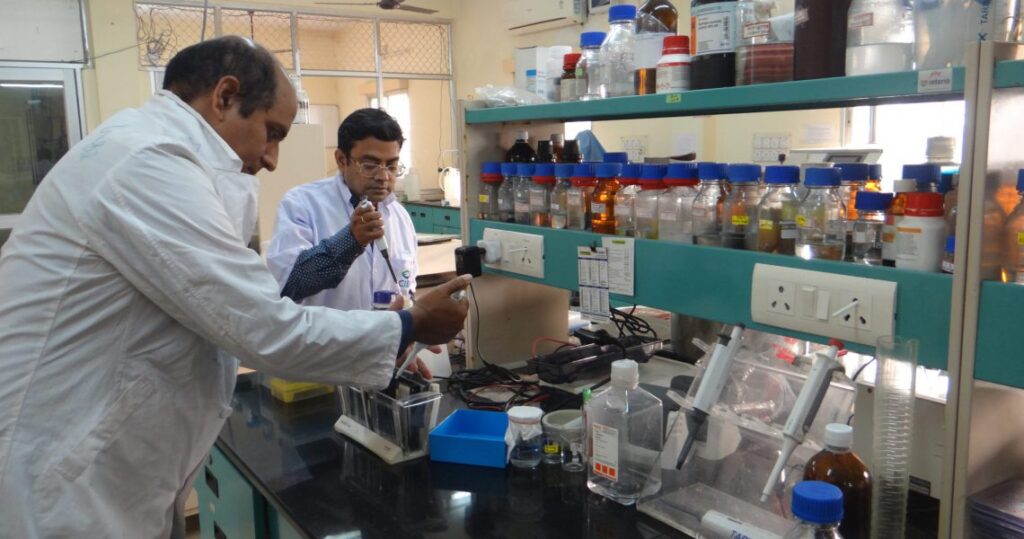Reproductive medicine is a dynamic field that has witnessed remarkable advancements in recent years, thanks in large part to the groundbreaking research conducted under the umbrella of the Reproductive Biology Research Program. This program has been instrumental in driving innovations in reproductive medicine, addressing infertility, enhancing assisted reproductive technologies, and advancing our understanding of reproductive biology. In this article, we explore the profound impact of the Reproductive Biology Research Program on reproductive medicine, highlighting some of the key innovations that have emerged from this initiative.

Improved Assisted Reproductive Technologies ART:
The Reproductive Biology Research Program has played a pivotal role in refining and expanding assisted reproductive technologies ART. In vitro fertilization IVF techniques have evolved to become more effective, with increased success rates and fewer complications. Innovations such as intracytoplasmic sperm injection ICSI and pre-implantation genetic testing have provided couples struggling with infertility a higher likelihood of achieving successful pregnancies. These advancements have brought newfound hope to millions of couples worldwide.
Personalized Fertility Treatment:
One of the program’s significant contributions to reproductive medicine is the development of personalized fertility treatments. Utilizing cutting-edge genetic and molecular research, scientists can now tailor treatments to individual patients, taking into account their unique biological characteristics and reproductive challenges. This personalized approach has resulted in more successful outcomes, reduced side effects, and minimized the emotional and financial burden on couples undergoing fertility treatments and click here.
Advancements in Cryopreservation:
Cryopreservation, the freezing and storage of reproductive tissues, has witnessed dramatic improvements due to research conducted under the Reproductive Biology Research Program. Oocyte cryopreservation, in particular, has become a widely accepted method for preserving female fertility, enabling women to delay childbearing while maintaining their reproductive potential. Moreover, advancements in sperm and embryo cryopreservation have increased the flexibility and success rates of fertility treatments.
Understanding Reproductive Biology:
The program has delved deep into the intricacies of reproductive biology, leading to a better understanding of the processes involved in conception and pregnancy. Researchers have elucidated the roles of various genes, hormones, and cellular processes in reproduction. This knowledge has not only expanded our understanding of fertility but also opened new avenues for targeted treatments and interventions.
Reproductive Health Preservation:
The Reproductive Biology Research Program has also made significant strides in reproductive health preservation. This includes developing strategies to mitigate the impact of cancer treatments on fertility and the creation of artificial ovaries to restore fertility in women who have undergone premature ovarian failure. These advancements have improved the quality of life for cancer survivors and individuals facing reproductive challenges due to medical conditions.
Ethical and Legal Considerations:
In addition to scientific advancements, the program has also contributed to discussions on ethical and legal considerations in reproductive medicine. Researchers have engaged with policymakers, healthcare professionals, and bioethicists to develop guidelines and regulations that ensure responsible and ethical use of reproductive technologies.
The Reproductive Biology Research Program has had a profound impact on the field of reproductive medicine, revolutionizing the way we address infertility and reproductive health. From improved assisted reproductive technologies and personalized fertility treatments to a deeper understanding of reproductive biology and ethical considerations, this program has driven innovation across various aspects of reproductive medicine.